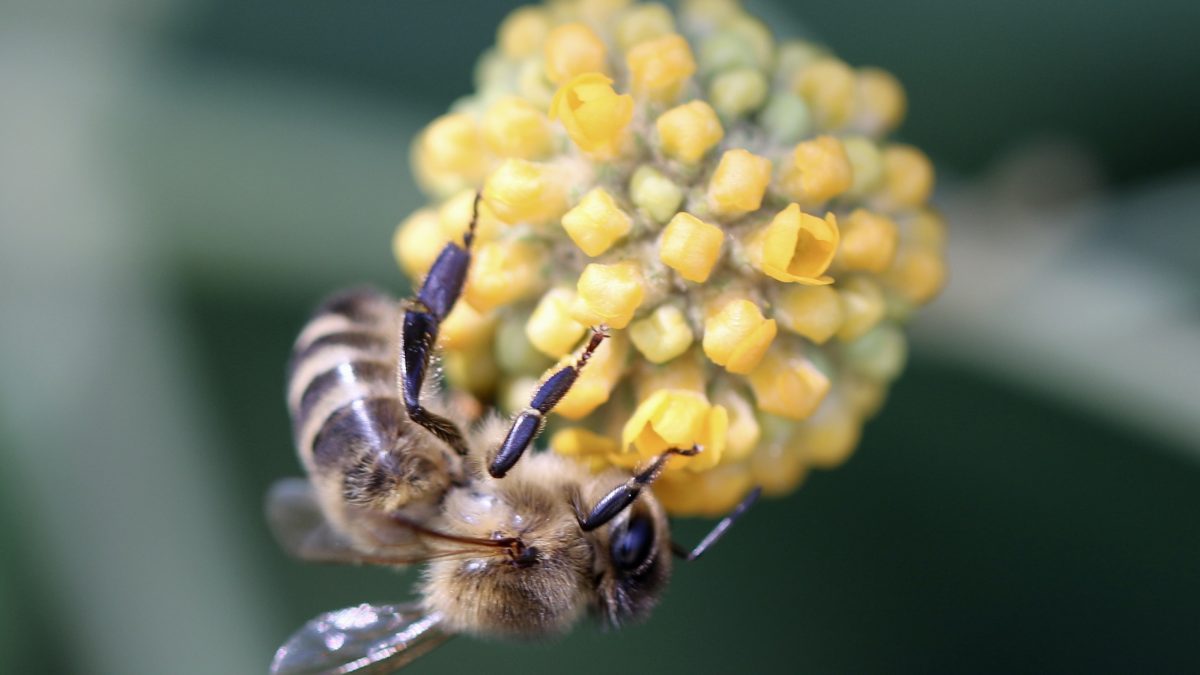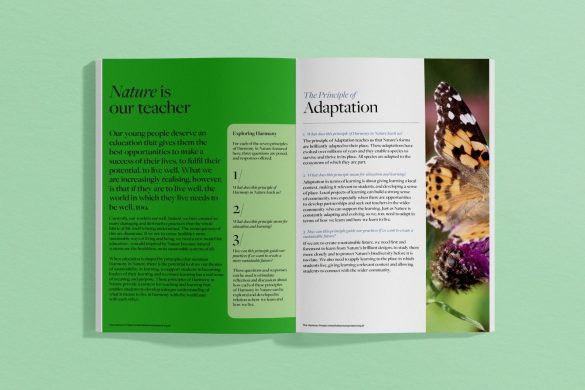What can we learn from the principle of Interdependence?

The principle of Interdependence can inform not just what we learn, but how we learn it
There was a time when we might have viewed the natural world in terms of the survival of the fittest, but the research that is coming through now is telling us otherwise.
Studies of trees have shown that forests of trees work as communities in ways we would never have imagined. Older trees look after younger trees. Root networks link trees together to provide support to one another during challenging times – for example, during a storm. This is a woodland world of co-operation, and it is one of many examples where the whole depends upon the individual and vice versa. Think of the male emperor penguins in Antarctica huddling together in the bitter cold of winter, protecting their eggs. Each element within a system supports the wider well-being of its community. This is a brilliant model for us to learn from.

What other examples of Interdependence in Nature can we learn from?
We know that bees are an essential part of an ecosystem. As they buzz from flower to flower to collect the nectar that the flowers offer them, they pollinate the flowers in return. It is a perfect partnership and it doesn’t end there. While the bees take the nectar back to their hives to feed their colony, the pollinated flowers slowly turn to fruits. The fruits feed animals and the animals reciprocate by helping to spread the seed, so ensuring the survival of that particular species of plant. The plants produce fruit and seeds in abundance. Take the number of seeds in a sunflower seed-head: there are more than enough seeds to keep the species going.
At the end of the growing season, as organic matter falls to the ground, micro-organisms in the soil break down the decaying matter. This provides nutrient-rich soil in which the next seeds will germinate and in which these seedlings will grow into healthy plants. It is a way of working that is wholly built upon relationships.
When we learn about Nature’s interdependence, we can see that every element within an ecosystem has a value and a role to play. There is an inherent values culture within each system.
How can the principle of Interdependence influence the way we structure learning?
From an educational perspective, Nature’s network of interdependent relationships teaches us how interconnected our world is. It therefore makes sense for us to design learning so that it links together and so that the teaching of different subjects contributes to a broader theme or project. We achieve this when we teach through enquiries of learning, where the enquiry question drives the learning. This approach, themed around age-appropriate projects of interest, is an extremely engaging way to learn. When we get the balance right between securing subject skills and knowledge, and applying them to enquiry-based projects, the outcomes can be exceptional. We can see that this combination of secure core skills and knowledge – meaningfully applied – produces the best outcomes of learning.
Just as an ecosystem is wholly joined-up and interconnected, so our learning should be. If our learning is fragmented, our thinking is likely to be fragmented, too.
What does the principle of Interdependence teach us about actions and consequences?
What this understanding of interdependence can also help us to see is that every action has a consequence: every action, be it positive or negative, will create some kind of reaction. We therefore need to learn to think carefully about the things we say and do. Ultimately, we need to be more conscious of the impact our behaviours have, both individually and collectively, on those around us.
This highlights the importance of taking responsibility for who we are and what we do, and of considering the choices we make every day. This is not easy in a fast, busy world. But at the heart of a sustainable future is a way of thinking and acting that weighs up options and makes decisions based on a more considered view.
Themes for enquiries of learning based on the principle of Interdependence might include:
- The animals and plants in a habitat (pond, garden, tree)
- A local ecosystem (woodland, river)
- An ecosystem elsewhere in the world (rainforest, the Arctic)
- A colony of bees or a beehive
- Roles within a community
- How the parts of the body work together
In each of these themes for learning, the key is to see that each system promotes healthy relationships and connections. It is about looking at the system holistically because nothing works in isolation. Our learning and our behaviours should reflect this understanding that everything works together.
Find out more about how this principle of Harmony can inspire ideas for enquiry-based teaching and learning and inform medium-term planning.



